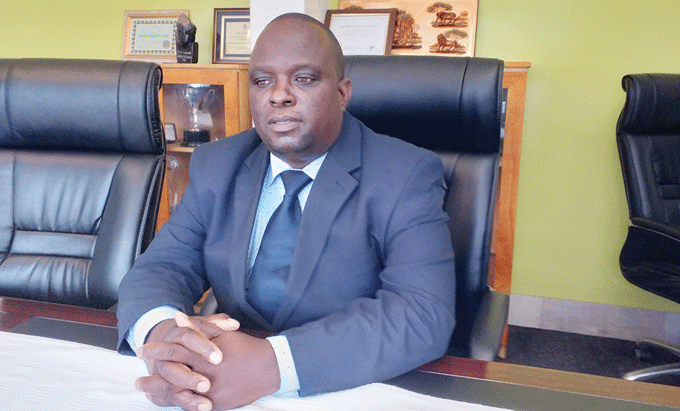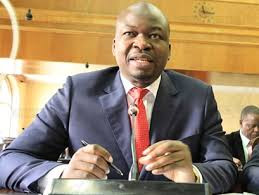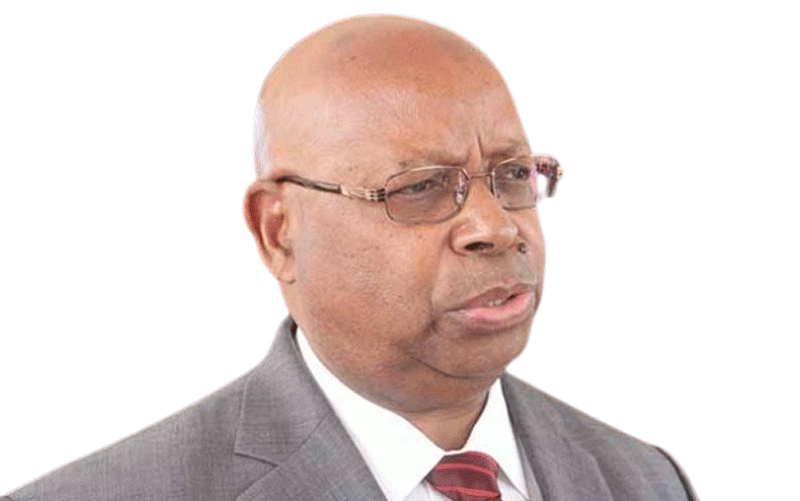
BY NQOBANI NDLOVU
PROMINENT jurists led by the Southern African Development Community Lawyers Association (Sadc LA) last week embarked on a fact-finding mission to Zimbabwe to investigate concerns about judicial capture.
The probe was prompted by Cabinet’s move in July 2021 to approve amendments to the Legal Practitioners Act to give the responsible Justice and Legal Parliamentary Affairs minister powers to interfere in the operations of the Law Society of Zimbabwe (LSZ) by appointing four councillors to the body up from two.
The LSZ is the regulatory body of the legal profession.
The government has often accused the LSZ of being funded by the West to push a regime change agenda.
The LSZ criticised the proposed amendments as retrogressive, and meant to control the legal body, and the legal profession.
In 2020, High Court judges wrote a letter to President Emmerson Mnangagwa and the Zimbabwe Anti-Corruption Commission, claiming there was judicial capture.
The move by Sadc LA, International Commission of Jurists (ICJ) and the American Bar Association (ABA) to send a fact-finding mission to Zimbabwe is said have been a demonstration of how seriously the allegations are being taken by the international community.
- Chamisa under fire over US$120K donation
- Mavhunga puts DeMbare into Chibuku quarterfinals
- Pension funds bet on Cabora Bassa oilfields
- Councils defy govt fire tender directive
Keep Reading
The mission, which arrived in the country on April 4, 2022, was led by the deputy president of the Sadc LA Flavio Menete, an eminent jurist from Mozambique.
He was accompanied by Pheona Wall, the current president of the Uganda Bar.
The team met with representatives of the LSZ as well as Chief Justice Luke Malaba.
“We were very thrilled to welcome the fact-finding mission to Zimbabwe.
“We recently attended the 21st Sadc LA annual conference in Johannesburg, South Africa where we rallied our colleagues from the region to assist us in the face of threats and adversity that the profession is facing,” Blessing Nyamaropa, the chairperson of the Zimbabwe Human Rights NGO Forum said.
Nyamaropa is also deputy director of the Zimbabwe Lawyers for Human Rights (ZLHR).
“We are, therefore, happy about the immediate response,” he said.
“As for us in civil society, over and above the regulatory provisions, we are equally concerned about the implication and impact of the Private Voluntary Organisations (PVO) Amendment Bill on our operations should it pass.”
The executive secretary of the Sadc LA Stanley Nyamanhindi expressed satisfaction with the mission’s work in Zimbabwe.
“We are happy that the mission was able to meet the stakeholders that it had planned to meet,” Nyamanhindi said.
“It’s unfortunate that Justice minister (Ziyambi) Ziyambi was not in the country at the time of the mission and the mission still hopes to hear his views on the matter.
“We now wait to get the report from the mission and its recommendations following which the Sadc LA/ABA/ICJ joint collaboration will come up with any further action points.”
On April 5, the team met with lawyers working for law based civic society organisations that may be directly affected by the regulation of the legal profession such as the Legal Resources Foundation and the Women and Law in Southern Africa, among others.









